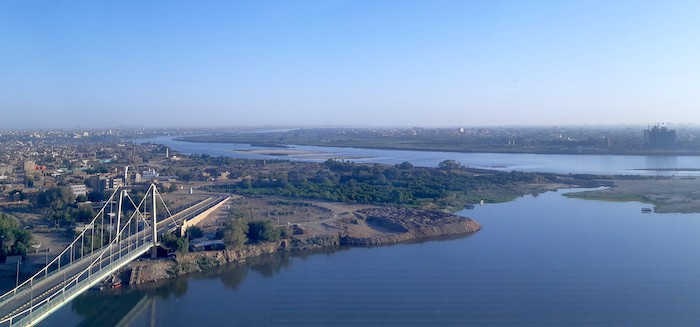Focus was on constitution-making processes with Sudanese Ministry of Justice and additional key players in the constitutional reform
In January 2021, the Max Planck Foundation launched its new project Constitutional Reform in Sudan funded by the German Federal Foreign Office.
On 7 February 2021, the Foundation held its first activity for this project. Members of the Ministry of Justice as well as other Sudanese stakeholders representing key actors within the constitutional reform convened for a one-day workshop in Khartoum to discuss constitution-making processes. They were joined online by the Head of Project and research fellows who facilitated the discussions from Heidelberg, Germany.
The workshop was opened by Dr Tariq Magzoub, Head of the Department of Constitutionalism and Research at the Sudanese Ministry of Justice, in Khartoum and Professor Rüdiger Wolfrum, the Foundation’s Head of Project, in Heidelberg. Additional Sudanese legal experts and the Foundation’s local consultant in Sudan greatly supported the workshop.
During the event, participants received several legal presentations by international and Sudanese experts on constitution-making processes. Following the first presentation on the design of constitution-making processes from a comparative perspective, the focus of the subsequent legal presentations and discussions was laid on the mechanisms and procedures foreseen in the Constitutional Charter of 2019, as amended 2020, for the drafting of the new constitution. In addition, the peace agreements recently signed in 2020 were addressed and the possible impact they might have on the transitional period, on the developments with regards to the envisaged constitutional process and the content of the new constitution per se.
In accordance with the Foundation’s guiding principles, the workshop was distinctly aimed at providing a neutral forum for technical discussions on the wide range of representative viewpoints regarding the inclusive constitutional reform process in Sudan. The workshop allocated specific sessions for discussions allowing ample opportunity for participants to share their views.
Despite the digital implementation, the new format once more allowed the participants and the experts to actively engage with each other and successfully continue the discussions on constitutional reform. The Foundation envisages the continued online implementation until a time when travel to the country is viable again.

